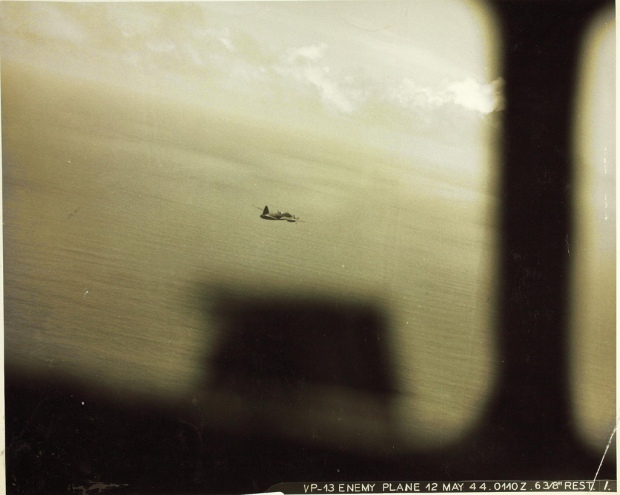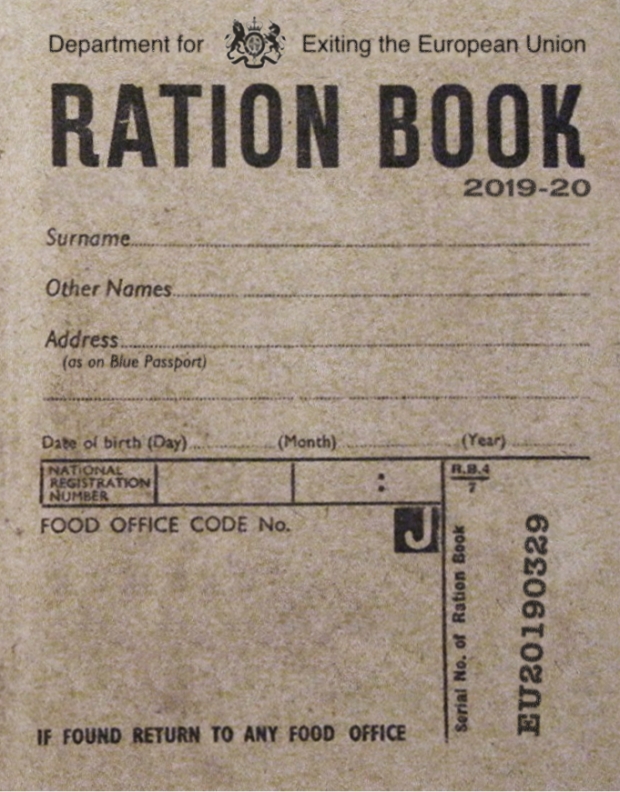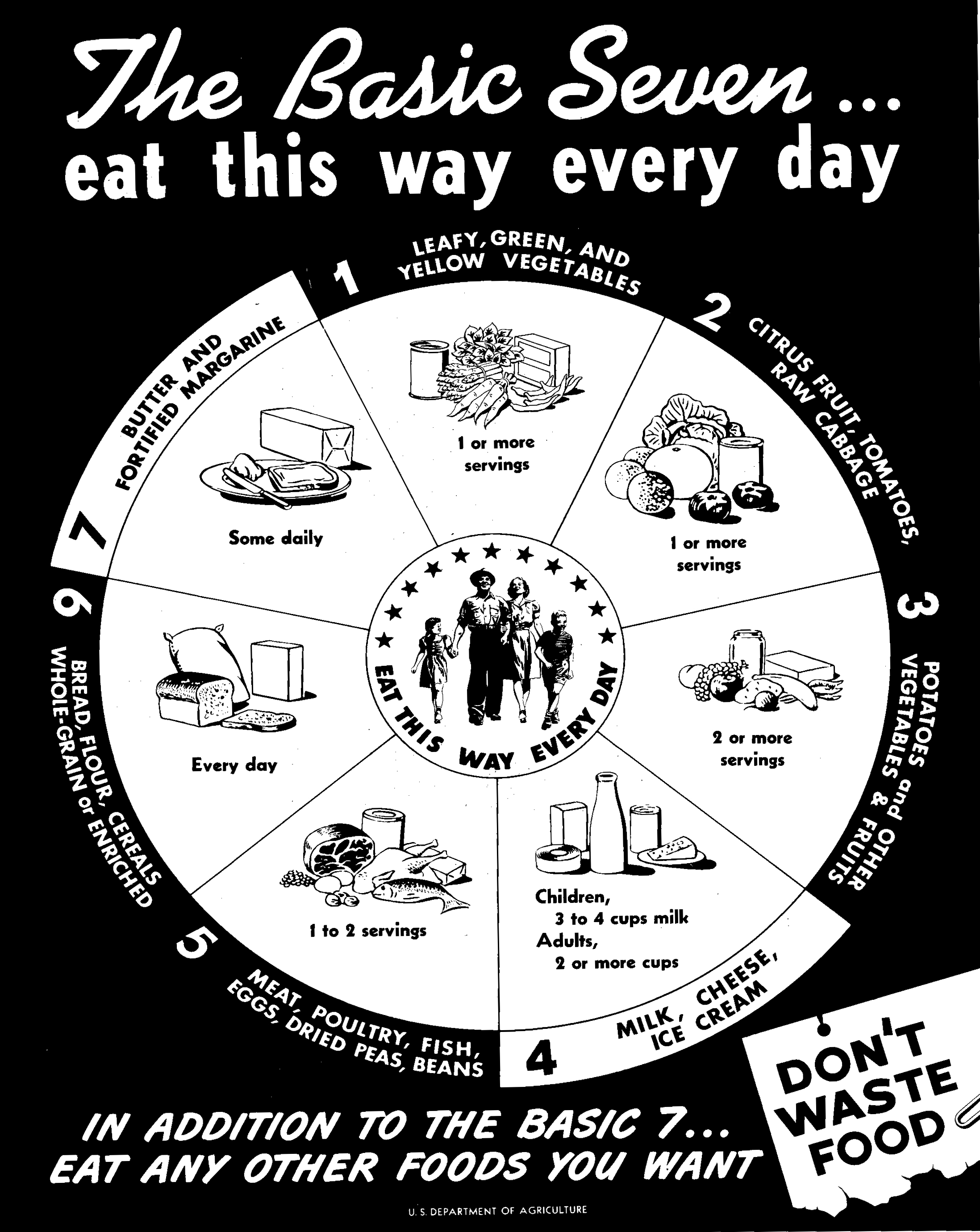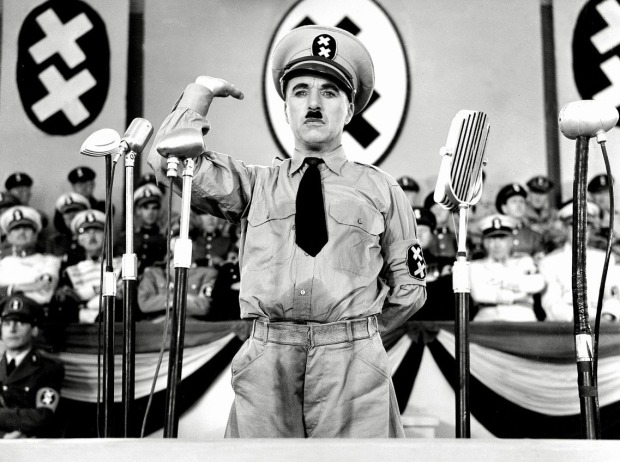Star Trek: Discovery (CBS All Access US/Netflix UK)
The Orville (Fox US/coming soon to Fox UK)
I had long loved Star Trek in all its forms. As I was growing up, the original series was playing on BBC-1 in prime time (7.20pm on Mondays) and we watched it as a family. In my teens, I paid a friend with Sky to tape episodes of The Next Generation for me. Then I bought Deep Space Nine on sell-through VHS. I got Sky myself partially in order to watch Voyager.

By the time Enterprise launched, however, I had fallen a bit out of love with the series. I’d managed to miss a few episodes of Deep Space Nine and found catching up on the complicated arc to be difficult. Voyager slowly descended into a soap opera IN SPACE.
The later TNG movies left me cold. Enterprise did nothing for me. That was that, I thought, end of the love affair. We had drifted apart.
When Enterprise finished leaving no Star Trek for the first time since the late 1980s, I shrugged. Then came the reboot movies. I didn’t watch them.
Still, that’s not to say the love had turned to hate. I found myself looking forward to the new series Discovery… and then waiting as it became trapped in development hell.
But here it is. Three episodes in and… it’s okay. I’m not in love, but I’m not shouting hate at the creators on Twitter. It’s okay.
The series started badly. The first 20 minutes of the first episode were very badly written and the cast had no chemistry, which didn’t help them to read out the atrocious lines. But that’s the nature of pilots: the exposition required for the new audience almost always fights with the characterisation of the new crew. For the first 20 minutes, the exposition won.
Things then bucked up, with some great special effects and some amazing action scenes. There were still flashbacks, trying to explain how the lead character was a human Vulcan, and they dragged a bit. But the rest was more than just watchable.
There were niggles. Of course there were. Why is this series set between Enterprise and the original series yet showing technology, attitudes and uniforms that clearly place it after Voyager? Why not set it in, say 2470, a hundred years after the most recent televisual events? Why change Klingon appearances and back story so radically if you want to fit it in that tight and much fan-speculated slot between the prequel and the original?
But maybe that’s just me wanting things to be a bit tidier. The two-parter opening establishes some good characters that I can imagine will become firm favourites… oh. Then it kills most of them and takes the lead character away from the ship, accused of mutiny (which is correct) and of causing a war with the Klingons (which is most certainly wrong).
Episode 3 thus becomes a second pilot, introducing a whole new crew and a whole new ship and, thanks to a flash-forward, a whole new Federation now deeply ensconced in the war the lead character apparently caused. She also now caused the massacre in the second episode, the one she mutinied in order to stop that happened while she was in the brig.
A second pilot and a retcon, all in the third episode? It works, but only just. Which, so far, means that it scores “okay” again.
What Discovery is sorely lacking is humour. All series of Star Trek, and the movies, have had elements of sitcom to them. Some episodes were purely sitcom, and this sits well within the genre. It’s what makes Star Trek different. Discovery lacks laughs. It is all Very Serious Business.
Also lacking laughs, and this is far worse, is The Orville, the multi-talented Seth MacFarlane’s latest venture for Fox. Promoted as being a comedy about Star Trek, it turns out to be Star Trek with comedy. But Star Trek has always had comedy, so this is just Star Trek with fart gags.
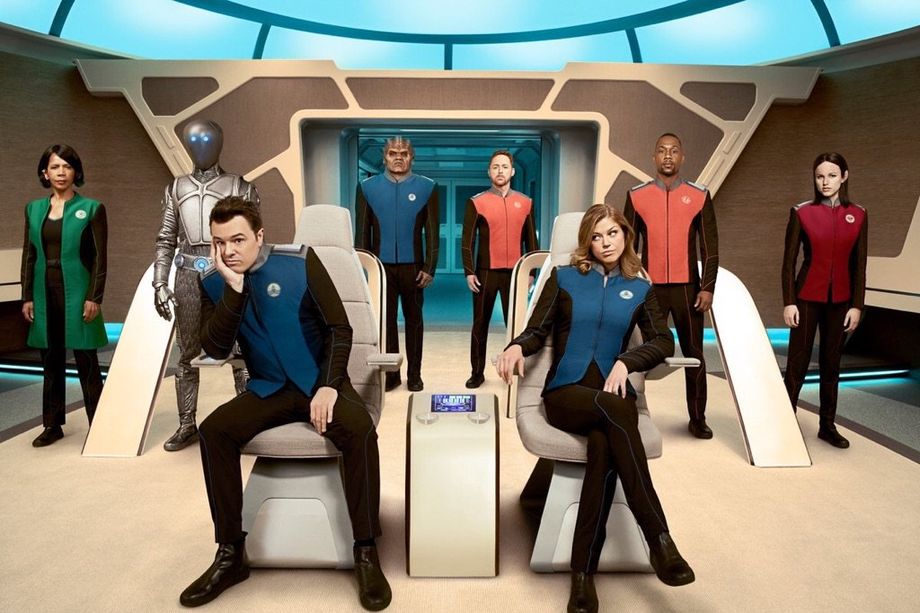
That said, if this was Star Trek, it would be an excellent Star Trek. The characters are broadly drawn, which was always true of the ‘real’ series. The first four episodes deal with social issues – and some really, really hard social issues – that Star Trek should have dealt with but shied away from to its shame.
The budget is clearly smaller than that for Discovery – the CGI backgrounds don’t bear too much scrutiny – but this has forced the producers to be more clever with what they have. Discovery‘s special effects are gorgeous, but that has led to the director spending a bit too long showing us how wonderful they are at the expense of the story.
But The Orville‘s main flaw is that it doesn’t know what it wants to be. Is it Star Trek with comedy or a comedy about Star Trek? Either would work, but the latter would be funnier. After four episodes, it is still drifting between the two, often settling for the Star Trek with comedy, which is just Star Trek, albeit a more crude version.
This is probably intentional – MacFarlane would clearly like The Orville to be a long-runner, and a simple parody of Star Trek would soon run out of steam. Therefore the series has to stand on its own merits as a science fiction show in order to survive.
All of this means that, again, it rates as “okay”. Both series are… okay. Of course, I’d want more than that: either or both series being brilliant would be great as a viewer; either or both series being unalloyed rubbish would be great as a reviewer. But neither are. They’re just… okay.
I’ll stick with them. There’s enough there to make me happy to wait a week to see the next episodes of both. They’re not appointment television, but the non-linear nature of Discovery‘s distribution means that’s not a problem for them. It might be a harder ask for viewers of The Orville when it reaches the linear Fox UK, but we’ll see.
Until then, I’d recommend you try both series out. They’re okay.





